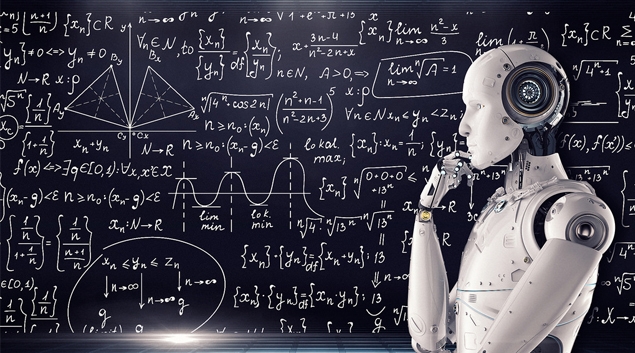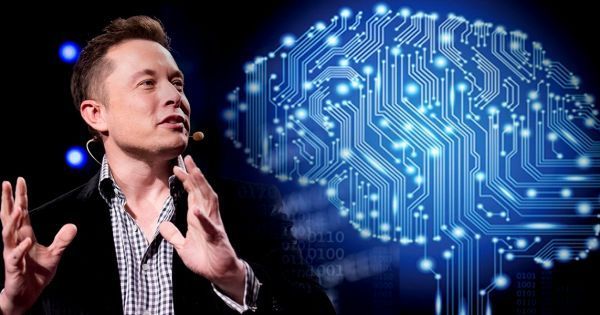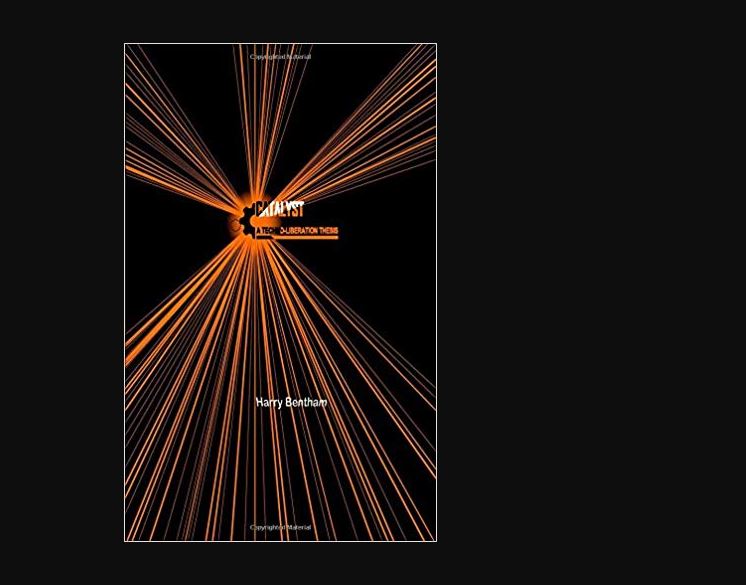Malak Trabelsi Loeb
The present generation has witnessed a rare phenomenon during one’s life: the rise of a new civilization. Fueled by the global-minded elite who influenced and controlled the comprehensive economic policies and strategies, a new wave of globalization has emerged. Targowski (2014) defined “global civilization” as the following:
“Global Civilization is a large Global Society living in integrated horizontally whole or partial spaces of contemporary, autonomous civilizations as a fuzzy reification (invisible-visible) which is not a part of the larger one and exists over an extended period of time.”
For Targowski, this new global civilization is characterized by an advanced global culture, a “wealth and power-driven global business religion,” and global societal values based on shared knowledge systems.
In fact, Information Communication Technologies (ICT) provoked a shift in the postindustrial societal modus apredi through shifting the economy from a product-based to a service-based economy. It also transformed a theoretical based knowledge into a technological based experience based on smart machines, and thus, the global Civilization continues to emerge and evolve following the technological evolution as well as the economic trends. Consequently, such an evolution affected the global elite’s orientations who transformed from a colonial minded elite to a technological, information-minded elite [1].
Other scholars attributed global Civilization’s evolution to the Internet, which induced the globalization waves to transform societies into a globalized society. Nonetheless, the contemporary global society Consists of many sub-societies whereby many are virtual. In this context, Muzaffari argued that the Internet was the precursor for the creation of a “Web Culture,” bringing together individuals from various “conventional cultures” to share new common terminology, rules, and principles [2]. Furthermore, Castells claimed that the Internet processed a kind of “individuation” due to the decline of the community’s physical dimensions and ascription. Nonetheless, Castells emphasized that “individualism” did not isolate individuals. On the contrary, he demonstrated that “individualism” gave birth to a new social construction based on individuals’ quest for like-minded people who shared the same values, agendas, philosophies, and interests [3], among which space was consecrated a considerable part.
In the cradle of the new global societal construct, network technologies have brought together individuals from different parts of the world around their shared interest in space exploration, which has become an indivisible part of the Global Civilization’s culture. In fact, from time immemorial, humankind has been inspired by space as he looked up to the “heavens” and questioned his place in the universe. Furthermore, when addressing the critical space’s impact on the global cultural and intellectual life, Stephen Hawking argued that narrowing the human’s attention to “terrestrial” issues would limit the human spirit [4].
History also demonstrates that humankind’s interest in space is not a new phenomenon [5]. By nature, man pursues his endeavors to explore new dawns, despite the motives propelling his risky ventures that evolved with his evolution [6]. Ignited by Yuri Gagarin’s spacewalk and Neil Armstrong’s first steps on the moon, human prospects on space travel have unleashed unlimited possibilities on the humankind’s expansion beyond the Earth’s boundaries.
Thus, space has not only impacted the global culture. It created a shift from a mere inspirational driver and curiosity feeder on existential questions to a space race by which the quest of human expansion beyond what was previously called the “last frontier” is closer than imagined. A paradigm shift gave birth to new space endeavors. Thus, from being contained in the hands of the United States and the former Soviet Union, space exploration has witnessed an unprecedented transformation. Consequently, a fierce race is evolving in which new actors have become active participants [7].
Therefore, the inspirational culture ignited around space, in the cradle of the new global civilization, induced humankind to realize further complex developments in the space field. The gradual proliferation of space activities in communication, technological and scientific research, defense and intelligence, surveillance, command, and control, grew to revolutionize man’s intervention into the space dominion [8]. “New Space” has transformed space from what was once called “The Last Frontier” into “The New Frontier,” where an unprecedented business-driven dynamic of a global space sector emerged to form what economists called a “New Space Ecosystem” [9].
As a consequence of the “New space” race, humankind’s exploration and use of space have been taken to a new level, and thus, the global space sector contributed to the socio-economic development addressed by the author in various articles and conferences.
Note: The use of the above pictures falls under the scope of “fair use” doctrine.
References
[1] Targowski, Andrew From Globalization Waves To Global Civilization, Comparative Civilizations Review (CCR) 70:70 (2014):73–89. <https://scholarsarchive.byu.edu/ccr/vol70/iss70/7>. (Accessed on February 27, 2020).
[2] Mozaffari, Mehdi, Civilization, And Globalization In A World Of Turmoil, Glocalism: Journal Of Culture, Politics And Innovation (JCPI) (2019):1–12, p 10. DOI: 10.12893/gjcpi.2019.1.5
<https://glocalismjournal.org>. (Accessed on February 27, 2020).
[3] Castells, Manuel. 2014. « The Impact Of The Internet On Society: A Global Perspective.» In Change: 19 Key Essays On How The Internet Is Changing Our Lives. 2014: BBVA’s annual series. Sixth Edition: at 127.
[4] Hawking, Stephen « Foreword to The Physics of Star Trek.» In Lawrence M. Krauss, ed., The Physics of Star Trek. 2007: Basic Books.
[5] Cousins, Norman, Philip Morrison, James Michener, Jacques Cousteau, Ray Bradbury, Why Man Explores, California Institute of Technology Symposium, Pasadena, July 2, 1976, California, NASA Educational Publication 123, Government Printing Office: Washington D. C., 1977.
[6] Patenaude, Monique, What Drives Humans To The Unknown?, Stewart Weaver Surveys Exploration Through the Ages, University of Rochester, 2015. <https://www.rochester.edu/newscenter/journeys-into-the-unknown-91212/>. (Accessed on February 29, 2020, 2020).
[7] Bockel, Jean Marie, The Future of The Space Industry, General Report of the Economic and Security Committee, North Atlantic Treaty Organization, NATO Parliamentary Assembly, NATO Publishing, NATO, 2018, p 1.
[8] Jean Marie Bockel, The Future of The Space Industry, General Report of the Economic and Security Committee, North Atlantic Treaty Organization, NATO Parliamentary Assembly, NATO Publishing, NATO, 2018, p 1.
[9] Iacomino, Clelia, Commercial Space Exploration: Potential Contributions of Private Actors to Space Exploration Programs, European Space Policy Springer Briefs in Applied Sciences and Technology Series, Vienna, 2019, Springer, p 3.










